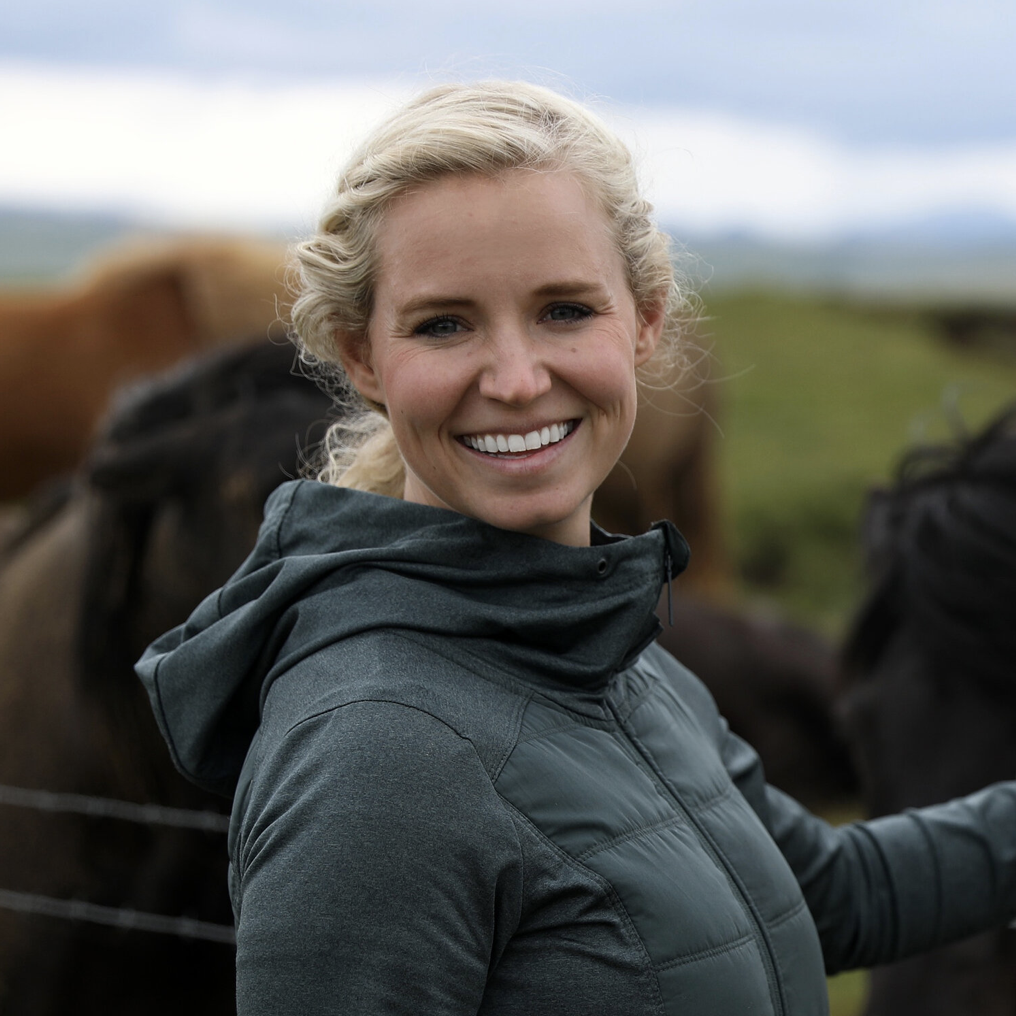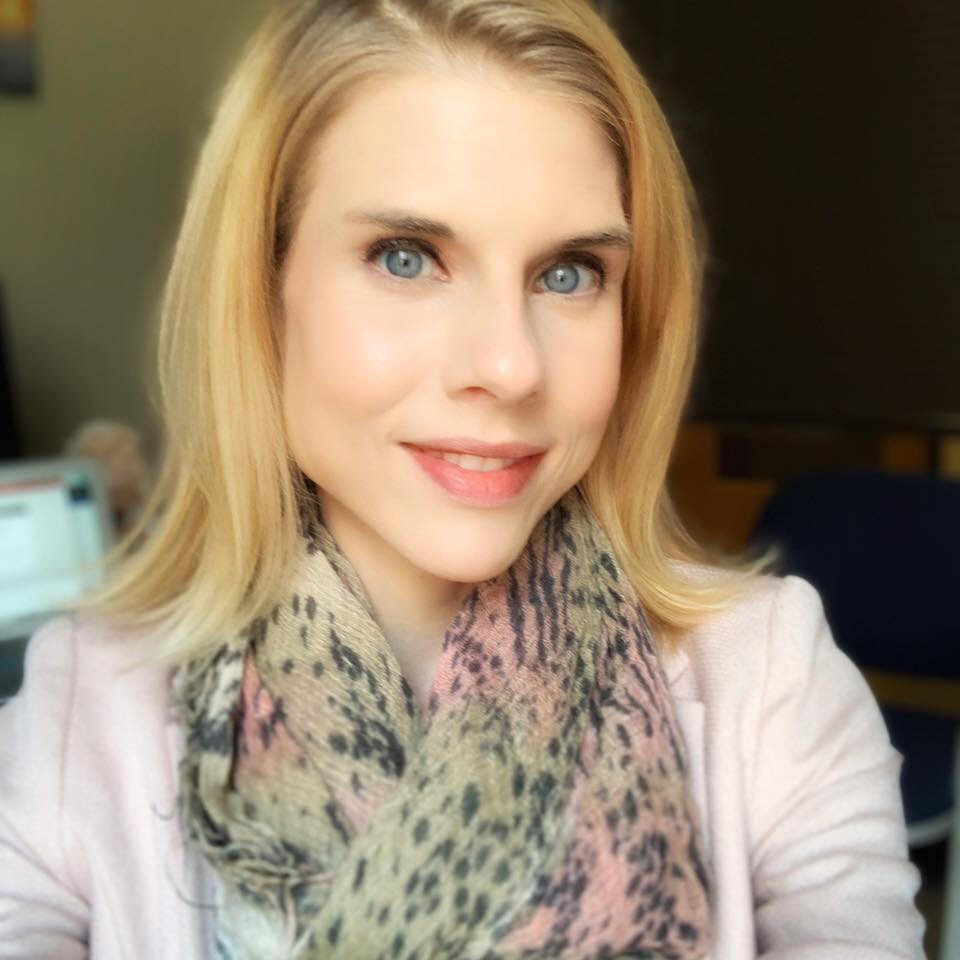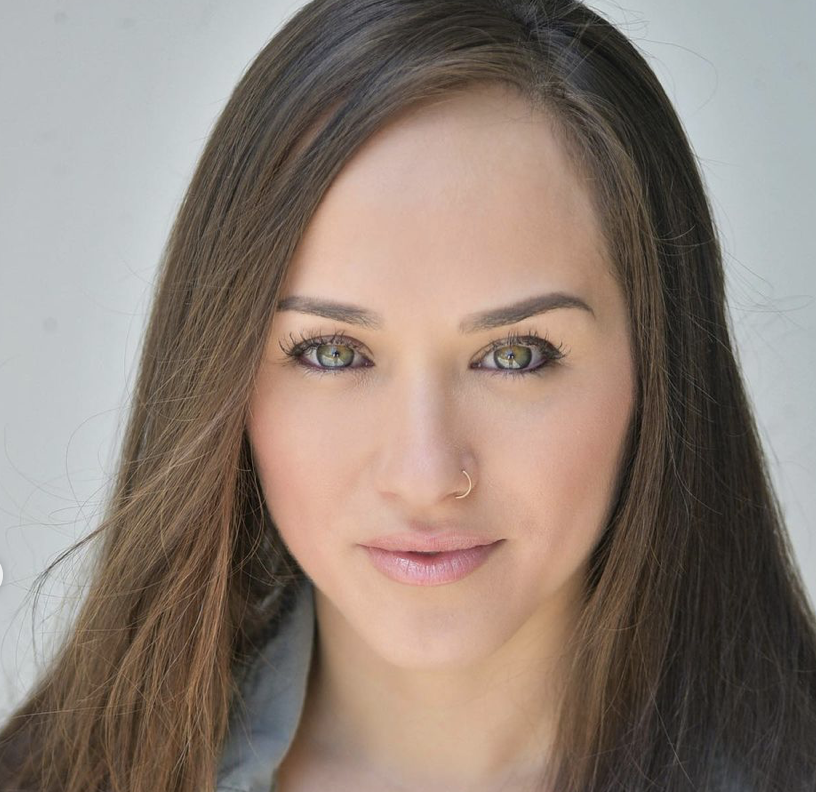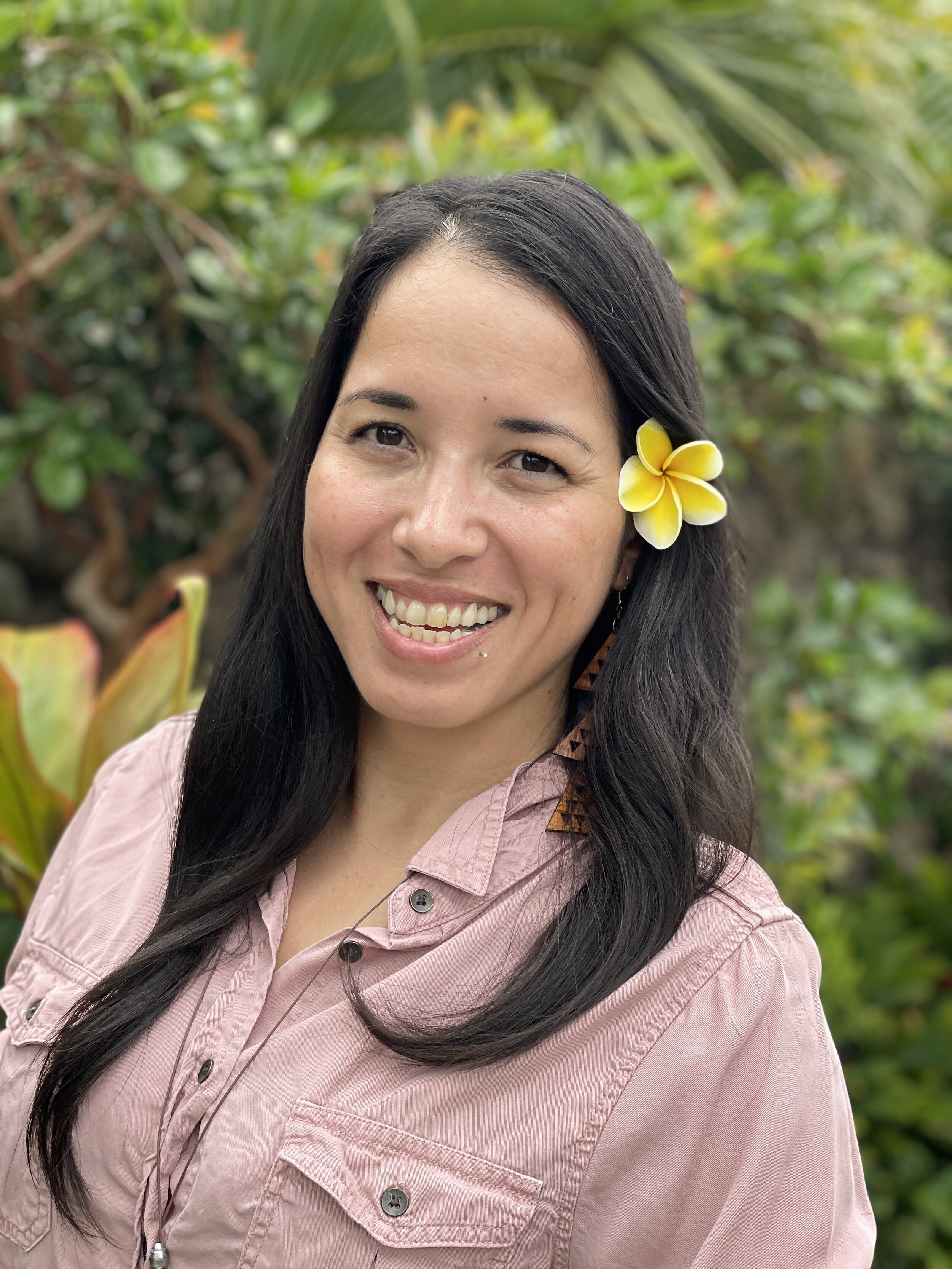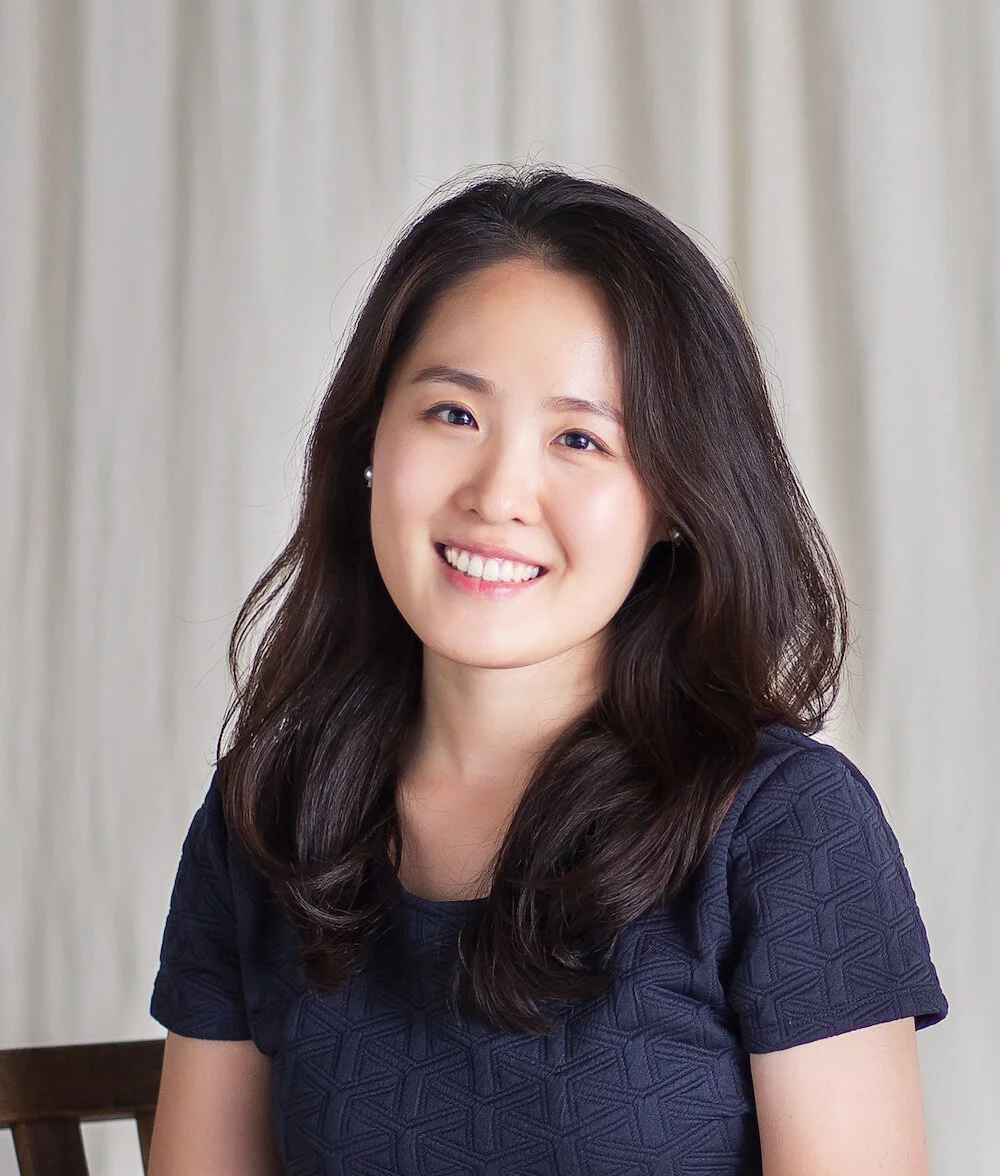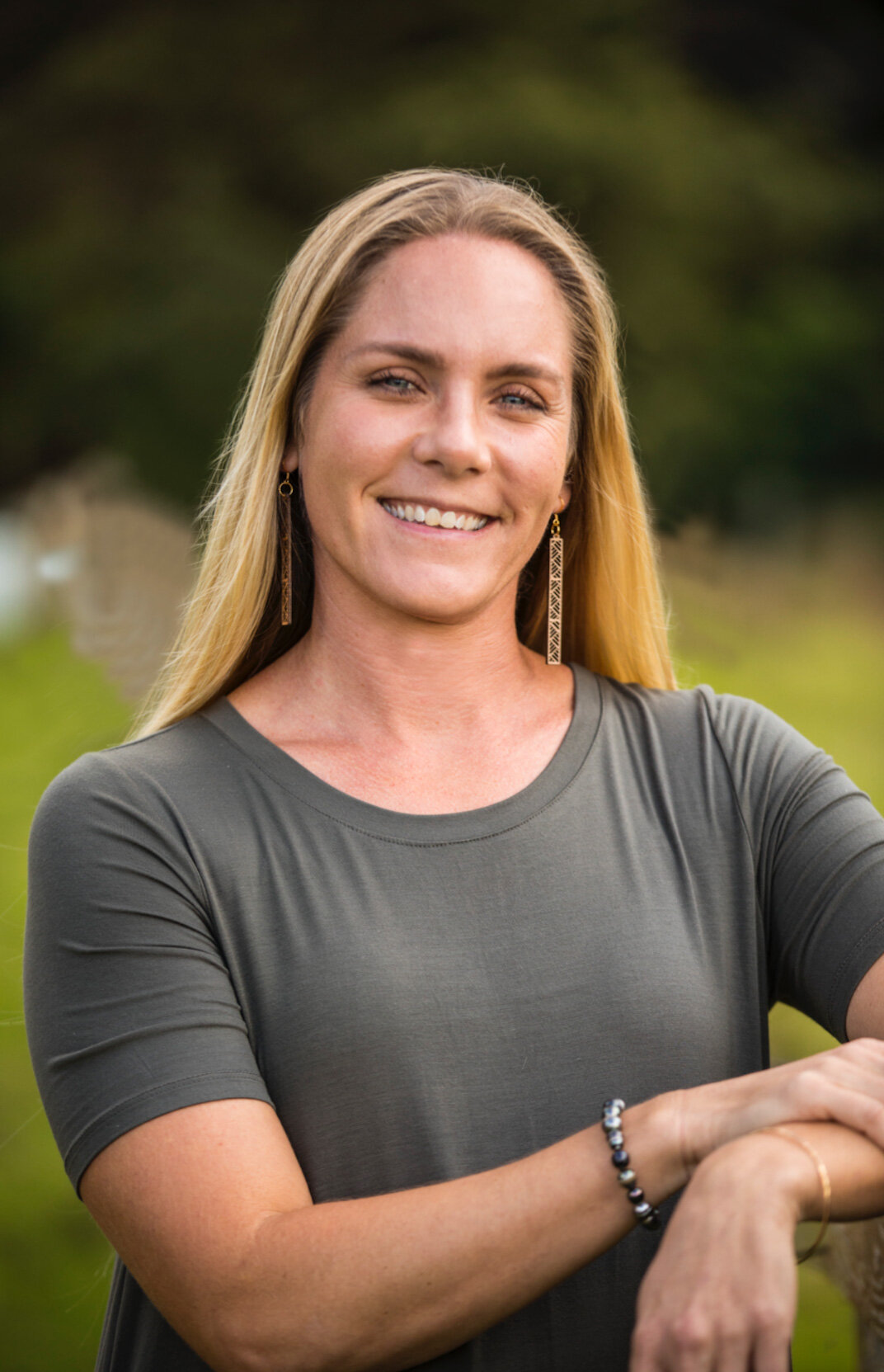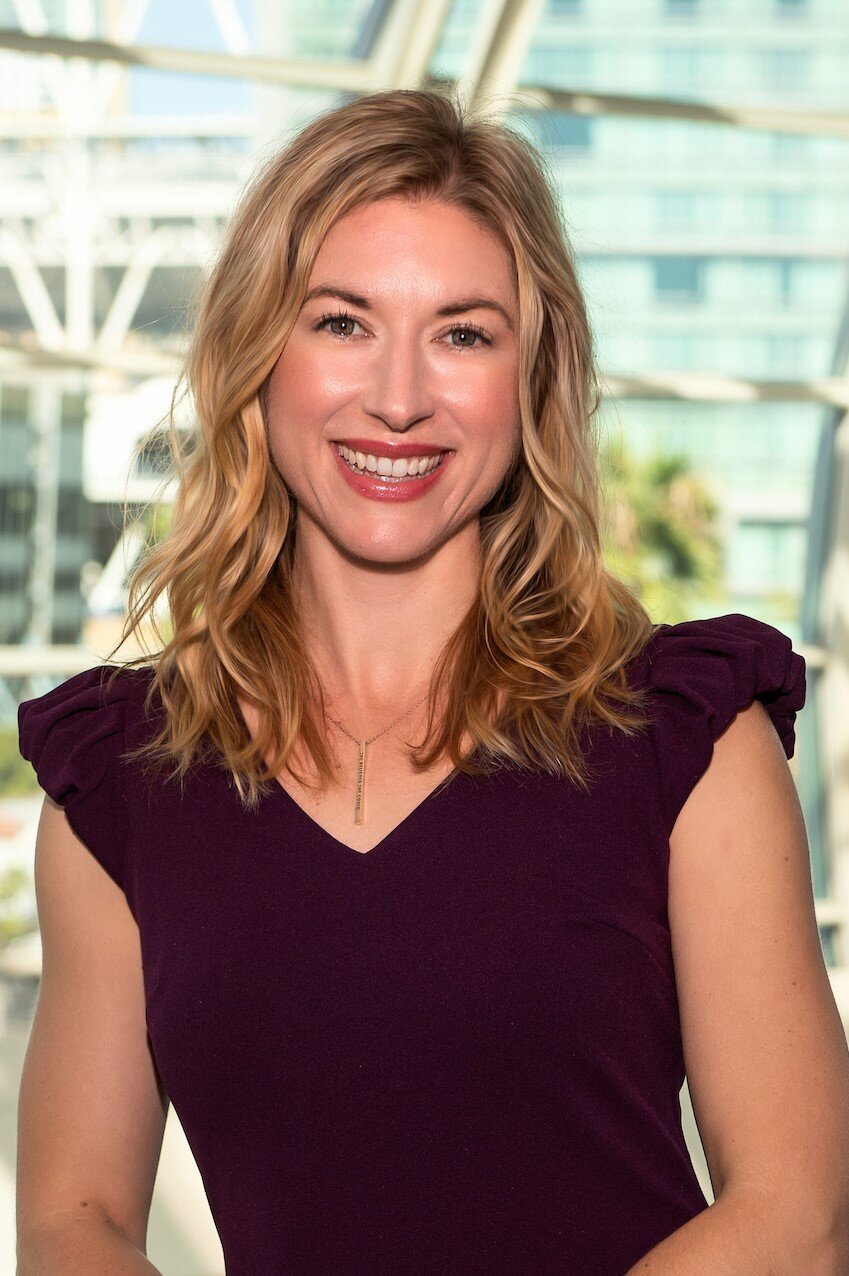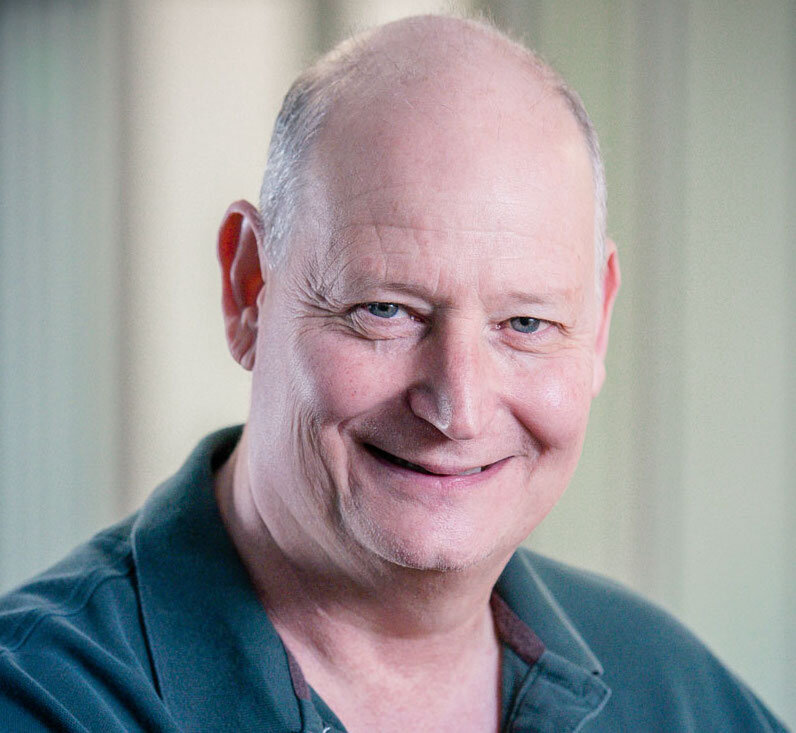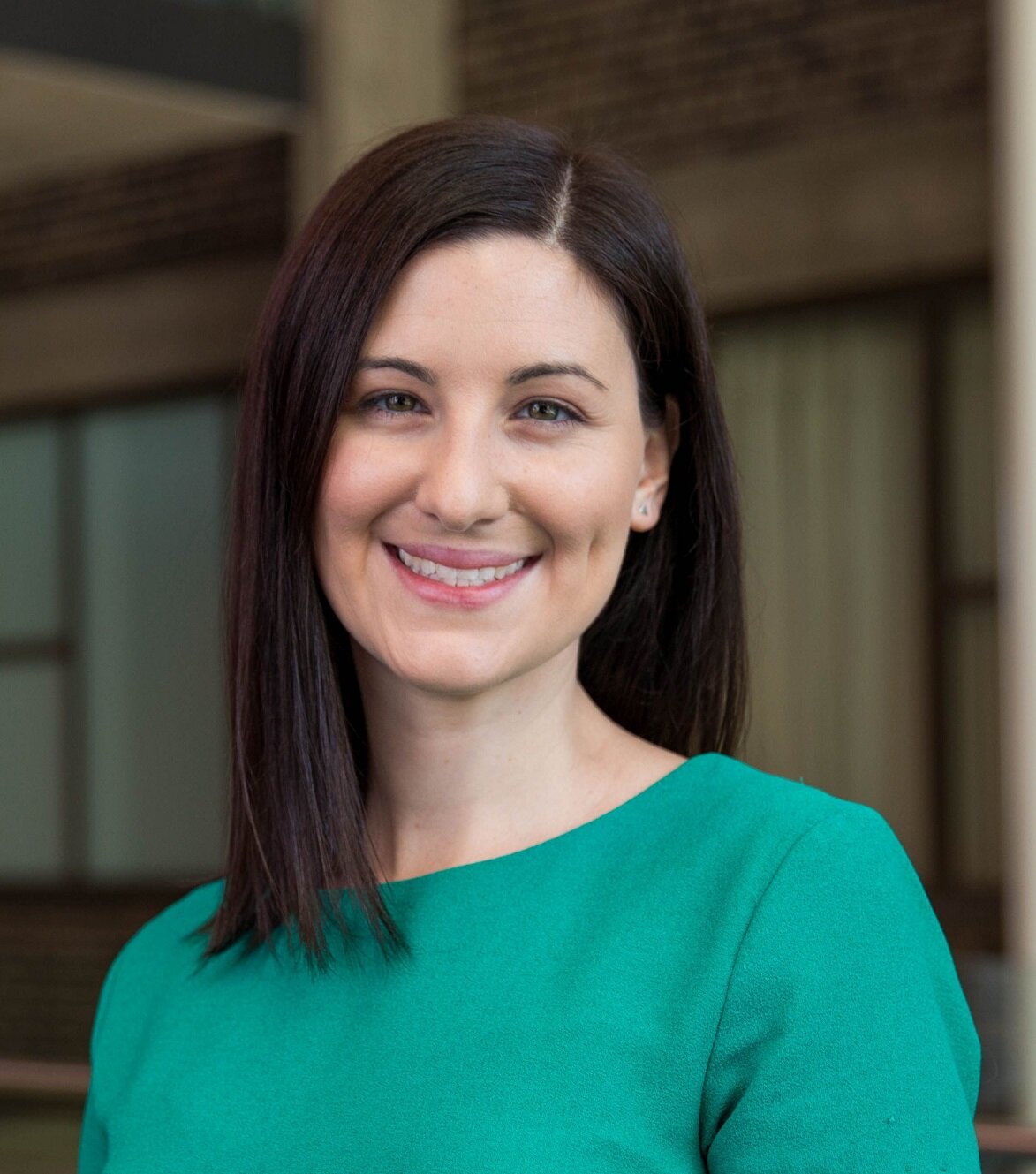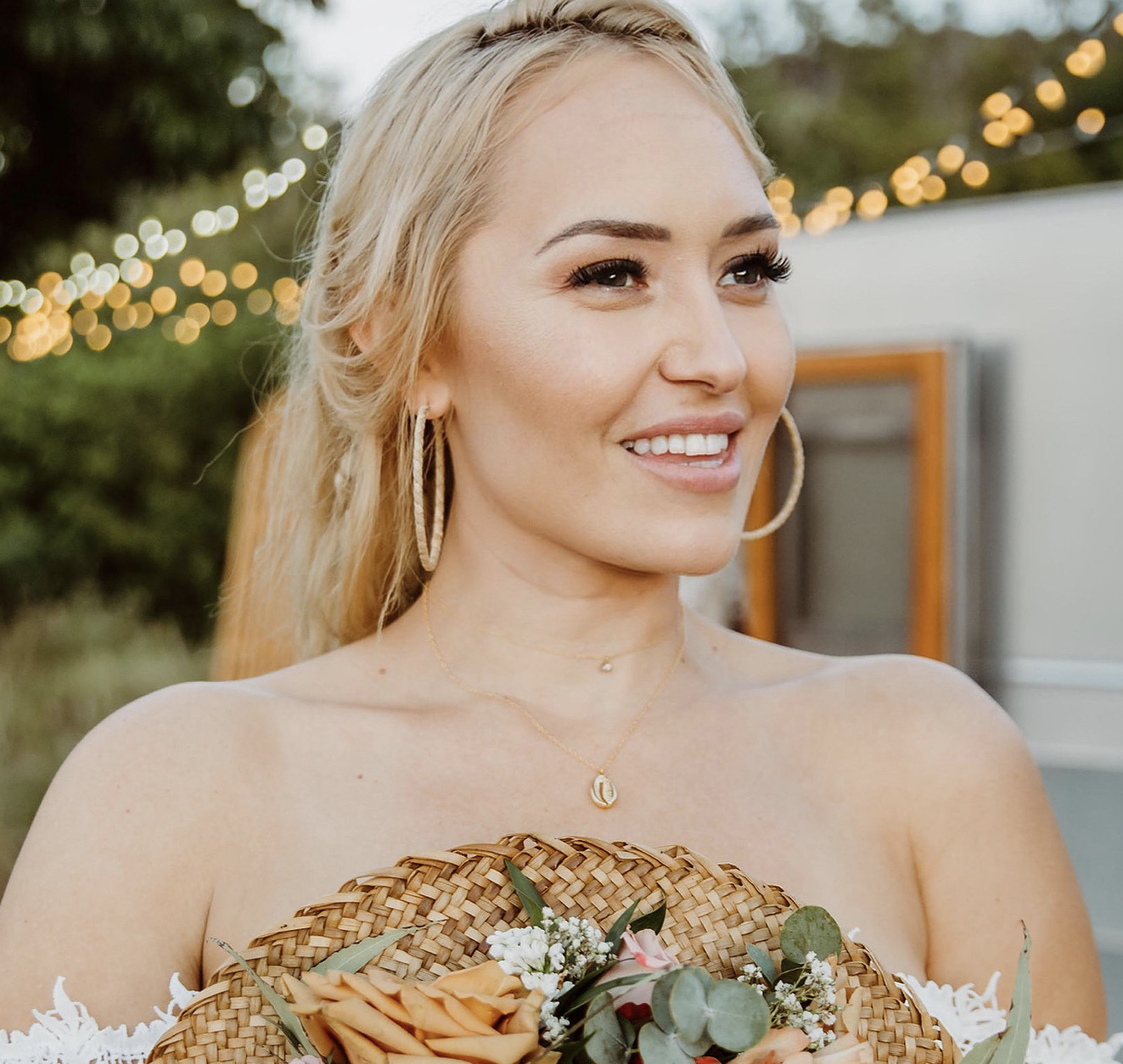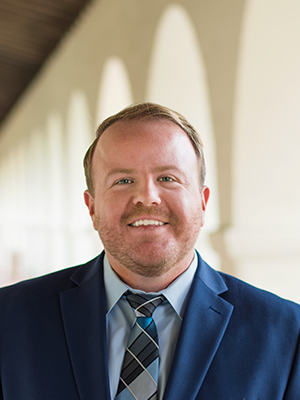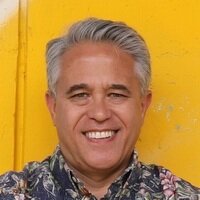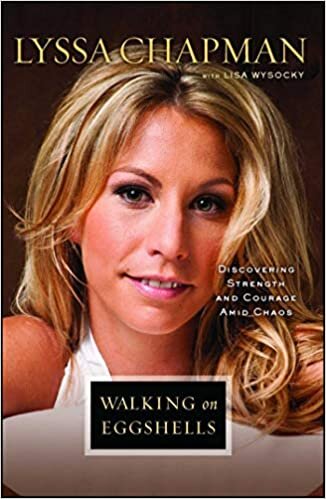Ep. 19: “How the heck did THAT, just lead to THIS?” Kimi Werner & Melissa Akoni discuss Collective Action, Part 1
Below you will find the show notes for “Episode 19” of the Communification Podcast.
Mahalo for listening! Welcome to the ‘ohana!
Mahalo to Society Bikini Hawaii for donating $2,000 to the Maui Food Bank a part of this episode’s pre-roll giveback program!
Main takeaways
The SIMCA model has real application to REAL LIFE
Learning about “slacktivism” was a good reminder
Authenticity, passion, & inspiration can be found on social media
Knowledge isn’t only gained in one space
The amazing ways Kimi & Melissa have used social media to generate pro-social collective action online
Time codes
[07:00] RECAP OF DR. IAN HAWKINS EPISODE ON COLLECTIVE ACTION
[08:30] MELISSA RESONATED WITH THE IDEA OF IDENTITY AND COLLECTIVE ACTION
[09:15] KIMI RESONATED WITH THE IDEA OF SLACKTIVISM
[11:00] WHAT KIMI AND MELISSA DO ON SOCIAL MEDIA, THEIR VALUES, AND HOW THEY INSPIRE CHANGE
[16:30] REAL WORLD EXAMPLES OF HOW SOCIAL MEDIA CAN BE USED FOR COLLECTIVE ACTION - MALIKA & THE FOOD BANK
[18:45] KIMI’S VIRAL VIDEO “FINDING A WAY” & HOW AN ONLINE PETITION SAVED A RAIN FOREST
[22:22] MELISSA’S VIDEOS EDUCATING VISITORS ABOUT NATIVE HAWAIIAN ISSUES GO VIRAL
[25:30] EDUCATING ABOUT ENDEMIC NATIVE HAWAIIAN SPECIES & THE IMPACT OUR ACTIONS CAN HAVE ON THE AINA (LAND)
[30:00] HOW THE SPIRAL OF SILENCE IMPACTS MELISSA’S CONTENT CREATION
Kimi Werner bio
The ocean has long been a source of sustenance, inspiration and adventure for Kimi Werner. As a young child growing up off the grid in an isolated part of coastal Maui, she floated behind her father as he freedove for her family's primary food source. Only later as an adult on Oahu did she understand the central role the ocean was to play in her life when she discovered her own passion for free diving. Kimi has gone on to become the United States National Spearfishing Champion, a certified culinary chef, an award winning artist and a sought after speaker. Her daily life is a pure fusion of her talents, rooted in sustainability and geared towards a healthy future for our global community.
Melissa Akoni bio
Melissa is a Kanaka ʻŌiwi woman and mother born and raised between Keaukaha and Pāhoa on Hawaiʻi island with a deep sense of kuleana to advocate for and spread awareness on the issues our native Hawaiian community experience here in the islands. She uses her social media platforms as an outlet to challenge the paradisiacal stereotype of Hawaiʻi that is prevalent on social media and tries to educate others on the true histories and price of living in Hawaiʻi. Melissa currently works as a Kumu Kākoʻo at a Hawaiian Language Immersion school and is working on becoming a licensed Hawaiian Language Immersion teacher.
EPISODE 19: “How the heck did THAT, just lead to THIS?” Discussing collective action with Kimi Werner + Melissa Akoni, Part 1
Malika:
Hi Kimi, hi Melissa. Welcome to the show!
Kimi:
Hello Malika, hi Melissa.
Melissa:
Hi, thank you for having me.
Malika:
I thought of having the two of you on, by the way, have you ever met, do you know each other or of each other?
Melissa:
No, not until you told me that she was also going to be a guest. I was like, oh, I should know who this is.
And so I went and I looked at your Instagram.
Kimi:
Yeah, we have never met before, but a pleasure to have a conversation with you.
RECAP OF DR. IAN HAWKINS EPISODE ON COLLECTIVE ACTION
Malika:
I love this and we'll all get to know each other better today, along with all of our listeners. And I just think each of you is perfect for this discussion about collective action.
That's when a number of people work together to achieve some common objective. And each of you encourages, motivates inspires that type of pro social collective action in your own ways. And I love seeing it on social media and I can't wait to hear your perspectives, especially after our exposure to some of the research and the academic side through Dr. Hawkins episode on the pod.
So before we dig in, I'm going to do a brief recap of some of the things that were discussed. So we were introduced to SIMCA or the social identity model of collective action, where identity, injustice and efficacy were identified as the three motivators that lead people to participate in collective actions.
He mentioned some ways that people use social media for collective action. So like online petitions, raising funds, providing links and information, facilitating connection between people, of course, liking, posting, sharing, commenting are also seen as collective actions in some instances, and encouraging offline actions as well.
He introduced us to some benefits and pitfalls of using social media for collective action. We talked about the echo chamber, for example, content moderation, the algorithm, the spiral of silence, and that notion of slacktivism.
So there was a lot, my first question for each of you and Melissa we'll have you kick us off first, so what was your initial reaction to what you heard from Dr. Hawkins? Did anything stand out?
MELISSA RESONATED WITH THE IDEA OF IDENTITY AND COLLECTIVE ACTION
Melissa:
A lot of things actually really stood out because I felt it related to me a lot. And also it felt like I was being read in a way, like I was like, wow, the whole SIMCA model with like people feel really called to collective action when identity, or their identity being threatened is involved.
And for me coming into creating content on TikTok was sparked out of my identity as a Native Hawaiian and seeing things being misrepresented or being taught incorrectly by people that aren't from here, and so yeah, a lot of those things really resonated with me and it felt like I was being, I don't know, called out it or not called out, but just being read in a way, and I was just like, oh, this is really interesting.
Malika:
Called in.
Melissa:
Yeah.
Malika:
What about you Kimi?
KIMI RESONATED WITH THE IDEA OF SLACKTIVISM
Kimi:
I just found it all very interesting. And I think the slacktivism is something that stood out to me because I think that as we all just engage so much in social media and I think, especially when you cultivate like a strong voice on it, it can be really easy to feel like you're doing good work by just these little clicks.
And I'm not saying that you're not, but I think that's, that was a good call out, or call in. I feel like I, it circulates in my mind a lot. Is that I don't ever want to have that replace the real on the ground grassroots stuff that I feel like activism is built on or that change is built on. And sometimes when you do have a presence on social media, it can be so easy to be like type, type, type. Click. I did my part. I'm done, and that scares me to think of that being the call to action as a society.
Malika:
It wasn't a really good reminder for all of us. But also Dr. Hawkins was talking about how COVID, it's contextual, because the last two years we really couldn't do that in person, the way that we used to.
And so now is maybe the perfect time for this episode and to be called back in to learning about slacktivism and what that is and how we can combat it and really, do a little of both as he was saying.
Before we go deeper, we're going to rewind. So each of you, could you please share with our listeners what you do on social media, the values that you live by?
Because I really feel like for each of you, they come through super strong and how you have used social media to encourage collective actions in your own way. So maybe Kimi, you can go first this time.
WHAT KIMI AND MELISSA DO ON SOCIAL MEDIA, THEIR VALUES, AND HOW THEY INSPIRE CHANGE
Kimi:
Okay. And I'll start with a big disclaimer that I try not to take my social media too seriously. I really don't have like a package, like this is what this channel will be always feeding you with values or anything like that, because... I don't know why the reason is... I think because I don't like that type of pressure. And if it's not spontaneous, and real, and raw, and fun, I lose interest quickly. With that being said, I don't try to take it too seriously, but I will just say that when it comes to what my passions are, which are probably what comes through in social media the most.
My passions are food and really sourcing it the best way I know how to. Knowing where food comes from and sharing the stories behind it. Sharing, like whether it's sharing food or sharing stories, all of those things. And lately 100% family.
Malika:
I love that... you've made hunting, gathering sustainability, gardening. Trading of goods and services. You've made it cool.
And I love how... I remember particularly one instance of the reef, safe sunscreen. And also you talking about microplastics, you're saying that you don't take it very seriously and don't really, you're not like pushing values on people, but what happens is by being real and authentic, you do that organically.
You show people your values of food and family and sharing and sustainability, and that inspires them inherently. And so don't feel pressure, but just know that it’s happening.
Kimi:
That was much better said.
Malika:
What about you, Melissa?
Melissa:
For me, me coming into social media as anything other than like a user, as a creator, in a way, which is still like weird for me to fathom.
I really pushed to help spread Hawaii ike and try and reinvigorate our younger generations that... hey, like our mo'olelo is very important. It's very interesting. And there's an interest in it to carry on that kuleana as future generations.
I gained a lot of followers by essentially calling out creators that were spreading misinformation about Hawaii or spreading false stereotypes or harmful stereotypes to us as a community of people, as indigenous people, things like luaus, or fakey luaus with plastic flowers or appropriating hula.
Or things like that is also what I do on social media. I like to share a lot of resources to learn. I have a whole Google drive of PDFs, full of Hawaiian history books and resources in my linktree. And I think a value that I try…
I try to embody in my social media presence that knowledge isn't only… isn't gained in one space.
So I always try and reiterate on my different platforms... don't only take it from me, I don't feel, I'm not a kumu to you. I'm just trying to provide resources or break down things into short one minute, three minute videos that people can catch on to, or... knowledge isn't learn from just one place and it's never ending. Yeah.
Malika:
And Dr. Hawkins, he reflected that in his research-based strategies when he said we really have to be media literate and think critically about who you believe and why. Do those things. So I love that. And when I look at your TikTok and the things that you share, I love that a lot of what you share... you have resources like you are literally linking back to academic resources and things that people can then go and... you have your linktree, which I have right here.
I have never seen a linktree like this in my life. Oh my gosh. You have put so much work into this. I have to scroll seven times to get through Melissa's linktree.
There are resources from everything from anti-racism resources, Palestine. We've got Maunakea, we've got donating to different Aloha Aina movements, and the COVID crisis and Hawaii Food Bank, signing petitions. When you speak about something that is of value to you, and that you want to inform people on, you give them that extra step that they can take to then go learn more. It's not just saying, go learn more.
It's like here, let me give you some resources. And then you can also do it on your own. I encourage that. So I love that.
REAL WORLD EXAMPLES OF HOW SOCIAL MEDIA CAN BE USED FOR COLLECTIVE ACTION - MALIKA & THE FOOD BANK
Okay, so let's move on. So we've got the SIMCA model. This was the first thing that he taught us. And the SIMCA model is that academic explanation of things that help determine if somebody is going to go out and actually participate in a collective action.
I want to know if this is in alignment with your own personal experiences. I can think of one myself. There was this incident that happened during a Telethon for the Hawaii food bank. You're probably both familiar with this. It was a popular local musician sharing her story about food poverty.
And unfortunately, the comedians / hosts of this portion of the event took her trauma and, if you ask a majority of the people who heard what happened, these guys basically made jokes that were unnecessary, in bad taste and plain and inappropriate, to say the least, and social media did a few things.
So first it went viral. So people were exposed to this on a level that they probably would not have been, had it not been for social media. And all it took was for a few people to identify with her, to feel like there was an injustice that occurred, and that they might be able to do something about it, that efficacy. So those three pillars of the SIMCA model and people started to donate money to the food banks here in Hawaii.
I got involved because one of my followers reached out to me and she said with your platform, would you be willing to let people know that I will match $10,000 of donations to the Maui food bank?
All of a sudden it became this movement. And in the end between I think 50 K and 80 K was raised total for the Hawaii and Maui food banks, which was so amazing. And that was completely organic and just happened.
So do either of you have an experience to share with a particular message that like went viral or something that you felt strongly about and so you went in and took action and that motivated people to... I know that people slide into our DMS all the time to say really nice things, you know - thank you for teaching me about this, or I never knew that and now I'm doing this, like I am taking action. So maybe you guys can chime in on how your personal experience fits into the SIMCA model of motivation to participate.
KIMI’S VIRAL VIDEO “FINDING A WAY” & HOW AN ONLINE PETITION SAVED A RAIN FOREST
Kimi:
I have a couple of different stories that come to mind when you talk about that. One is definitely regarding microplastics in the ocean. I did this video called "Finding a Way" and and it was about it wasn't the first video I did about microplastics in the ocean, but it's such a hard topic to get people interested in because everyone's looking for this huge, like garbage patch of floating state of Texas to go clean up or whatever. And the problem is just so much worse than that. It really is like the smog of this microplastic particles in our ocean, contaminating it. But it's a really hard thing to make content about because it's just not one of those... everyone wants that shock value imagery. But I was part of this video called Finding a Way and there were just some really vulnerable, open talking that I did about how it makes me feel and how I feel. And I did not think it was gonna go anywhere, but same, it went viral. It just took a few people.
And then, once people with really huge following start reposting it or quoting it, it just went everywhere and it just, I just feel like more than anything I think it just activated a lot of minds when it comes to thinking more about the plastic pollution in the ocean and understanding that it is not a cleanup issue, but it's something that has to be stopped at the source when it comes to what we use every day.
And so I just think, if anything, it was a collective thing that helped people connect the dots in a way that took me years myself to understand, but once I was able to verbalize it and that started getting passed around, I think it caught on a lot more quickly.
The second time was I had this National Geographic series that did not air in North America, but it aired in 70 other different countries in the world. And so nobody's familiar with it here, but one of the episodes that we did, I stayed with this beautiful family in the jungle of Malaysia who are just doing permaculture and so many great things with their land there.
And so years after this, Nat geo series came and went, the family contacted me and they just said, the government is taking away the lease on our land, and they're going to give this rain forest that we were living on for logging, and everything's going to be destroyed. And we have this petition.
And the only reason why we have it is because of the Nat geo series. But is there anything you can do to help?
I posted about that. And again, I'm posting to an audience who has never seen this family. They have no way of watching these episodes, but just spoke from my heart.
And within no time that petition was so full that the same, like Malaysian government officials who are taking away the land came and had to get all the photo ops shaking their hand and like giving the land back and stuff. And so that was like, crazy moment where it's like, how the heck did that just lead to this? That was crazy. That was insane.
Malika:
Chicken skin moment for sure. Wow. I love both of those examples. Melissa, I'm sure you also have your fair share.
MELISSA’S VIDEOS EDUCATING VISITORS ABOUT NATIVE HAWAIIAN ISSUES GO VIRAL
Melissa:
Yeah. I was trying to think of examples and I was like, there's a lot of my videos that went viral, but one of them, I think a lot of what I used to do more but still speak on now is just the displacement of Native Hawaiians from Hawaii.
So a lot of my videos in the height of COVID and a lot of people just coming here to Hawaii for vacations while people are moving out of Hawaii because COVID really messed them up, they lost their jobs, they couldn't afford their homes, housing, housing prices skyrocketed and food prices skyrocketed.
I made some videos basically stitching creators and explaining like saying, Hey, this is not okay. I'm a Native Hawaiian and this is why. I gave all the data about how Native Hawaiians make up essentially only less than 15% of Hawaii's population, according to the census. However, we make up more than 50% of our homeless population.
How Native Hawaiians have to work more than, work two, three jobs in one household just to stay afloat and we're still living paycheck to paycheck. And a lot of those videos got upwards of, they got a lot of views and I also, at the same time provided resources, petitions, it helped to raise a lot of awareness. And a lot of people were like, Hey, wow, I really didn't know this and I really didn't know how harmful or harmful of an effect that tourism has on Native Hawaiians on the local community.
A lot of people have told me you know what I decided that I'm not gonna visit Hawaii until things get better for the local communities, for the Native Hawaiian communities especially.
Which isn't, it isn't as big of an impact I think as Kimi your story about that family not losing their land in Malaysia. And, but...
Kimi:
But that's a very rare, specific thing. That's a very specific thing. And I just have to say, that's the only thing I could think of that actually had a measurable impact, the same way Malika's did, but I absolutely believe 100% that the indirect waves that are coming off of what you're doing, like just cause you can't sum it all up and measure it doesn't mean that it's not just as valuable.
Melissa:
So like on one hand, it's that a lot, I think is what to me has a really great impact is getting people outside of Hawaii aware of what's happening to us and more conscious of their impact that they have that, some people will think I'm one person I'm just visiting Hawaii. I'm going to have a good time, whatever.
And it's really no, because when you add up the pollution that you cause for your travel here on an airplane, when you add up the pollution that you cause when you're traveling with cars and then on top of that, the waste that you produce and the waste that you're forcing onto our infrastructures, that cannot handle it. We are overpopulated. We don't have the infrastructure.
We need medically, waste, water to support more people coming here just to have fun. And we barely have enough to support us now , we're remote islands, where we have limited resources, natural resources and things are getting destroyed.
EDUCATING ABOUT ENDEMIC NATIVE HAWAIIAN SPECIES & THE IMPACT OUR ACTIONS CAN HAVE ON THE AINA (LAND)
One other thing I think is also when people go, when tourists go on hikes, like the Haiku stairs up on Oahu, which is an illegal trail.
On that trail is actually a species of endemic plant that there's only a handful of left in Hawaii, in the world essentially. And so I made a video because somebody's video went viral, had millions of views and everybody was like, oh my God, where is this? I want to go there. So I made a video stitching and explaining why going on these hikes might not be a good idea.
First of all, because it's illegal, it's state property, it's government property. They go on it, it's trespassing. Sure. It's beautiful. And I would love to go there.
I would love to hike that and see that. But I, as a Native Hawaiian, would not do that because of the impact that I would have. I showed a picture of what it was 10 years ago and how it has eroded now due to the high traffic, high foot traffic from tourists and locals as well, visiting this area and the impact that it has to where, how we could lose an entire species of plant that was only found here. I really care as a Hawaiian, like I really care about our endemic species of plants and things that could only be found here and have only grown here to me, it's really related to us as Hawaiians. We were here and we're being pushed out by invasives in a way, and just like our wildlife, our plant life.
So I made a video just talking about all of these things, all of this, how this impacts that area negatively and us as a whole negatively, and that went viral. And a lot of people became aware Hey, and then, so now when I go across and see people's Haiku stairs hikes, romanticizing these faces, I see comments full of this is illegal, this is not okay. Things like that. And also, yeah which has, I was like, okay, it spreads awareness. This is really awesome.
All of these things that I've spoken about and gave actual factual information and not just being like an angry, angry person. Like that's not okay. You pissing us off, which you know, which is all valid. I think like you can be a local insane, normal, but you don't need to go to this place. Where are you from any way, California? Go California.
Yeah. But which is valid to me, but I break things down. So it was like, Hey, this is what it is. These are the facts. This is what you do. This is what you are doing. There, like this is what it is. And some people still aren't going to listen of course, but any small way, any big way that I can impact something, or at least spread awareness on these things is a win. Yeah.
Malika:
Yeah. I think going back to the SIMCA model, like people can identify as I want to be a good person that protects the land and then they can see that they have the efficacy.
They can actually take those steps to not go on the stairs, that maybe there's an injustice there that people are doing it and trampling on this thing, it could die and never be here for future generations. That's terrible.
So we can this is what I love about bringing you two in, and then also having the academia side, because we can see how each of these examples really fits into that.
And you can see why people were motivated and to Kimi's point of well, it's difficult to measure. But people are sharing your thoughts and when they share it, then someone else sees it and they share it. And so this information is getting out there and you might not, you have, we have no idea the extent to which our thoughts and ideas are impacting others.
And we do get a little bit of an idea because people will DM us, or tell us this, or you'll see the comments regurgitating like your information. Oh, good that actually went through, like this person got it. But your voice matters. I think that was like the quote of Dr. Hawkins interview is like your voice matters.
It does, even if you don't see the measurable stuff. Okay. So personally I was struck by the discussion on the spiral of silence. So that's the idea that people might be fearful of expressing their opinions, or even that the algorithm can work against you and silence you by not putting your content in front of people. So thoughts on that?
HOW THE SPIRAL OF SILENCE IMPACTS MELISSA’S CONTENT CREATION
Melissa:
I actually have a lot of examples of this, unfortunately. It's a really big issue on TikTok, which is the platform I'm mainly based off of. I've had many videos removed and what the notification that I got was it was like, oh, violates community guidelines for child safety.
The video that I posted was me eating an ulu (breadfruit) putting the mo'olelo (story/history) about how ulu came to be. And I was like, there's no way this is minor safety. This is not a minor safety issue. I wasn't dressed indecently. I was wearing a pareo (sarong). Everything was covered. I didn't have anything behind me. I wasn't like cutting it with a knife, like dangerously or anything like that. I had a video like that taken down.
I've had many videos just taken down, probably reported and there, it was nothing. All of my, most of my TikToks at least are me spreading ike Hawaii or just me trying to put out my perspective as a Hawaiian or things like that.
These things would be taken down. And I don't get notified if it's because somebody reported it or if TikTok just took it down.
Also, something that I noticed was sometimes I would be afraid to put out a video because some of my viral videos, they would go out.
MELISSA’S STICH REACTING TO AN OLD JENNIFER LAWRENCE INTERVIEW GOES VIRAL, GETS NEGATIVE COMMENTS
There was one where I reacted to an old interview with Jennifer Lawrence when they filmed here for one of the Hunger Games videos, and she made a really insensitive comment about... They had a Native Hawaiian culture practitioner or adviser when they were filming. I forget where it was, but it's a sacred area. It's on Oahu.
Anyway, she was talking about how oh yeah. They told us not to sit on the rocks because they're like, I dunno, ancestors or something, ha. But then I sat on it and, put my butt on it this and that. And that triggered me.
Yeah. And it was an old one. So me, I was reacting to this and posting it to TikTok, like a few years later, but it's still has that impact, like to me as a Hawaiian, that practices my culture, that believes in my culture, that teaches my culture actively through the work that I do.
I saw that, and that made me really upset because especially keiki (children) especially for the keiki that see this, the keiki that I teach at the school that I work at. They're going to feel hurt because she was basically brushing it off as our beliefs, our culture is ridiculous.
So I posted that video and it ended up getting flooded with comments from people that didn't follow me and just saying, oh my God, they're just rocks. Like you're being ridiculous. You're being overdramatic. It's not that big of a deal. I can't believe people really worshiped rocks, think rocks are their ancestors and after that instance, sometimes I pull back or refrain from talking more about, or trying to teach more on TikTok about our culture or our beliefs or things like that, because I'm like, I don't want to hear that, obviously that didn't change my, that didn't change my viewpoint of things, but I don't want keiki seeing that, because I know that keiki follow me and I know that they can see my content if they wanted to comment, like to support what I did and they see it flooded with all these negative comments it's harmful.
So sometimes I think about if I post this and there's all these negative comments, what is the real impact?
Sure. I can spread information about something, but if a keiki goes into my comments and see something like this and they get hurt, or they get offended, or even God forbid, they pull back and think, you know what, I'm not going to do something like this.
Or maybe I should pull back from my cultural practices and beliefs, because I could be humiliated or ashamed. This girl is, or this auntie is on TikTok. So yeah...
Malika:
Because you don't want to be subject to the negativity. What about you Kimi?
Kimi:
Very similar feelings.
STAY TUNED FOR PART 2 OF THIS INTERVIEW WITH KIMI AND MELISSA!
References
Dr. Ian Hawkins Google Scholar page
The YouTube version of Episodes 19 & 20: Coming soon!
Current episodes of the Communification Podcast
Click below to see the show notes & listen in to Season 1!




